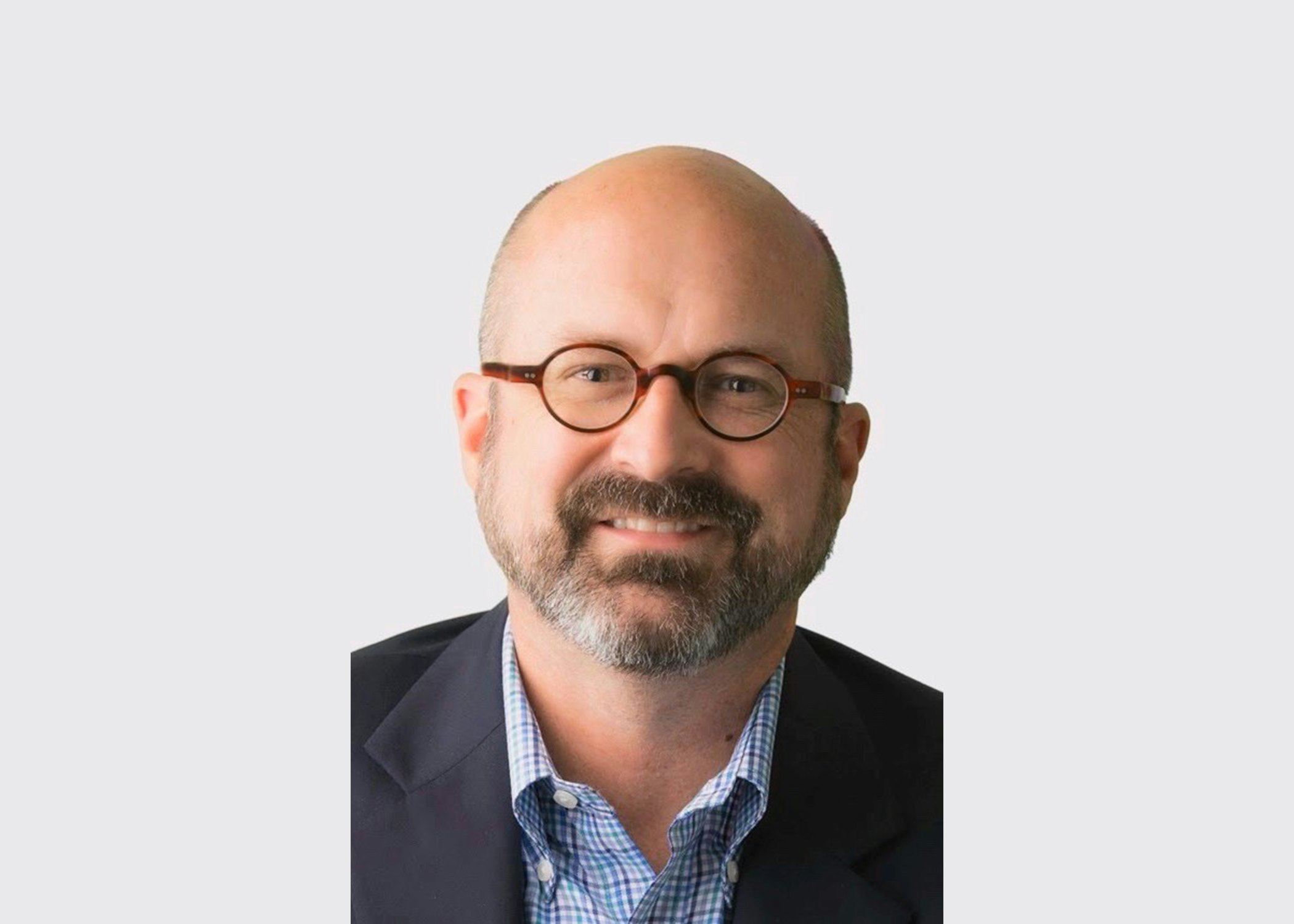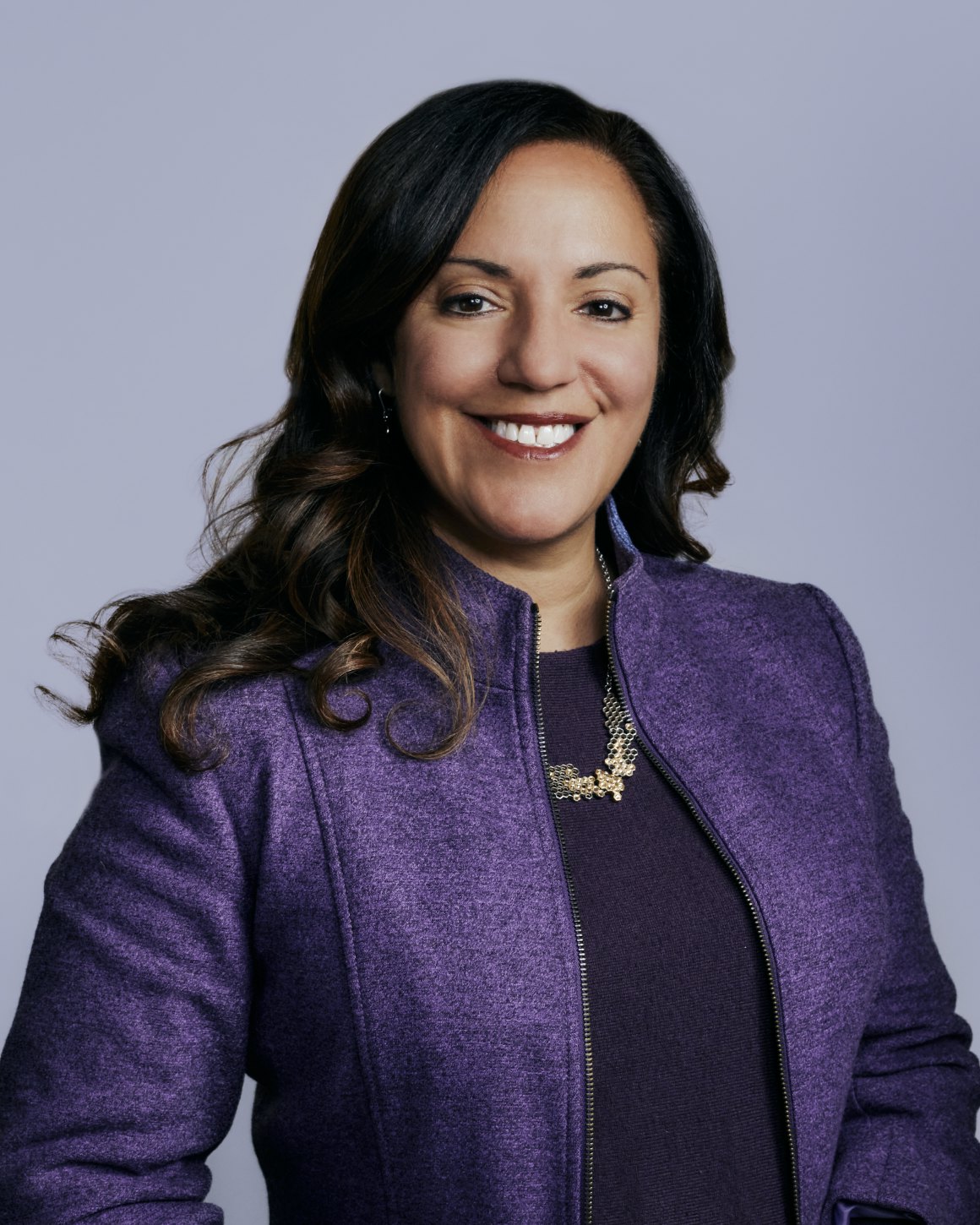Larry D. Thompson (DOJ), who served as Deputy Attorney General from 2001-03, recently visited the Bush Center to discuss his book, Quiet Counsel: Looking Back on a Life of Service to the Law. In this month’s “Five Questions With…” Thompson shares his reflections on 9/11 and the mental health difficulties he encountered in the aftermath of the tragedy, what “quiet counsel” means to him, and he leaves us with sage advice from a former DOJ colleague. The Q&A was adopted (and lightly edited) from Thompson’s keynote conversation with the Bush Institute’s Director, Leadership and Programming Kelley Jiou during the recent Veteran Leadership Program alumni reunion; and his interview with Bush Center Director, Communications & Marketing Andrew Kaufmann for an upcoming episode of The Strategerist podcast.
Q: How did your early life influence the way you conducted yourself throughout your career?
I was born in a small town – Hannibal, Missouri. I had two good parents. I often quip that I picked my parents well. They were two good people. They allowed me to dream. They were very positive. They loved the country, and they worked very hard and provided a good life for me and my brothers and sister.
My dad worked on the railroad, and during that time period, sometimes he would be laid off. He would be out of work, and then all of a sudden, a doctor in town or a dentist in town would call our home, and ask my dad to come out to their office and help clean it up. He didn’t normally do that, but people really took care of each other in Hannibal. I remember my mother sending me all around the neighborhood on Thanksgiving Day. Before I could eat, she would have 10 to 12 plates of food that she’d have me deliver to the people in our neighborhood who were alone. So yes, I’m an optimist, and I think we have great systems in our country. I think we have good people. We’ve had ups and downs throughout the history of our country, but I’m an optimist. When I had the pleasure and honor of being the General Counsel of PepsiCo – I don’t know how many countries I visited, but I’m certain it was over 30, maybe even approaching 40 – but every time the airplane landed in the United States, I never felt that I’d been to a country that was any better than the United States of America.
And I didn’t know that I was so-called, “disadvantaged” until I went off to college, I took a class my sophomore year – it was either a sociology class or an economics class, and the teacher was discussing social stratification, and she said, “Well, if you have these characteristics, you’re in the upper class. If you have certain characteristics, you’re in the middle class. If you have another characteristic, you’re in the working poor. And if you have another characteristic of your parents and your circumstances, you’re disadvantaged.” And I’m thinking, “Oh, that sounds like me,” but I never, ever considered myself disadvantaged, and even after that class, I never considered myself disadvantaged, and that’s because of my parents.
Q: When you reflect on your experience as Deputy Attorney General on 9/11, what has stayed with you the most?
Before 9/11 the role of the Department of Justice was after the fact, investigation and prosecution of terrorist acts pursuant to the Constitution of the United States. But when you had 19 men who were willing to die for their evil cause, then “after the fact” investigation did not work. And so immediately, overnight, the mission of the Department of Justice changed from one of after the fact investigation to prevention. We had to prevent horrible things like that from happening to the American people. Quite frankly, when you have prevention versus after-the-fact investigation, that bumps up against legitimate concerns for civil liberties. And after 9/11 of course, the Department of Justice and in fact, the rest of the American government had to balance those important interests, protection versus civil liberties. If you go too far on one end, then really, you might say the terrorists have achieved what they really set out to do, which was to change the character of this great nation.
I was sworn in as Deputy Attorney General in May of 2001 and before that I had no experience in national security matters or intelligence matters. I was going to National Security Council meetings. Of course, we were concerned about what the intelligence officials call “noise in the system.” That meant we were detecting through various intelligence avenues that terrorists had plans to attack American interest. No one thought that they would be at the homeland, but we knew that something, some kind of terrorist attack, was imminent, so I was responsible for overseeing the activities of the Department of Justice. And people who worked with me said that our intelligence officials in the FBI are not talking to the law enforcement officials in the FBI, and moreover, they’re not talking to the attorneys in the Department of Justice. Well, the reason for that is because there had been abuses of intelligence information, primarily that led to the illegal wiretapping of Dr. Martin Luther King, where there was a wall between intelligence and law enforcement so that we would not use intelligence improperly against an American citizen for law enforcement.
I really think we need to work toward a national security court. I don’t know all the parameters now, because I do not have access to current intelligence, but I think our country needs to work toward a national security court type scenario. I don’t think it will be used very much, but we need to prepare ourselves. Think about recently, what happened in New Orleans and what happened in Las Vegas. I’m, really disappointed that we haven’t done so. I don’t want to give the government a blank check, even when it comes to potential foreign terrorists in our country legally. It would not be used often, but would apply to intense measures like interrogation when the criminal justice system cannot work fast enough. It would not apply to U.S. citizens.
There were questions about how we would deal with this wall. This is important: In August of 2001 I issued a memo to agents in the Department of Justice for the intelligence agents to share more information with the law enforcement agents and the DOJ attorneys. It was quite controversial at the time, because that was the first time in a number of years that the wall had, in a sense, been lowered. I issued the memo in August of 2001 and 9/11 occurred shortly after I issued the memo. So obviously, the memo didn’t work.
Q: In Quiet Counsel, you reveal publicly for the first time that post-9/11, you dealt with serious mental health issues. Can you tell us about that and why you decided to write about that period?
I write in the book that this is certainly the most searing time of my professional career. Three thousand people perished, and I took this very hard. I started questioning myself, “was I being too timid? Was I being too conservative? Should I have been more aggressive? Should I have not worried about the consequences of what I was doing, what we were doing?” And I became sick, my internist sent me to see a therapist, and she was very, very good. We worked through it for, you know, at least a year after this event. It’s been very cathartic, because I never talked about this until I wrote the book. First of all, understand that mental health is not something that we should be ashamed to talk about. That’s one lesson. The other lesson I’ve learned is that after I talk about this, invariably someone comes up and says, I’m glad you talked about this. I’ve shared the same kind of thing, or my spouse has shared the same kind of thing, and that’s been gratifying to me. It was a tough period in my life. I’d be lying to you if I told you I’m through it. I’m 79 years old. I think about those days all the time, but I did get through it. I had a good doctor, and it’s been kind of cathartic to talk about that period of my life.
Q: What do you mean by the title of your book, Quiet Counsel?
During my career I sat in a room with two great leaders (President Bush and PepsiCo CEO Indra Nooyi) as a lawyer. I’ve always taken my professional responsibilities as a lawyer seriously, and that is to give dispassionate counsel, honest counsel, and candid counsel to my client. I’ve always tried to do that. I have never tried to take advantage of a situation for personal aggrandizement or to make myself look good.
Indra is a tremendous person. In her book, My Life in Full: Work, Family, and Our Future, which was the New York Times bestseller, she thanked me for my quiet counsel. She wrote that in meetings of the PepsiCo executive team, Larry never criticized some of the things that I would propose, but if he thought that some of the things I would propose, were contrary to the law or not feasible, he would be in my office right after the meeting. She thanked me for my quiet counsel.
Q: What final thoughts would you like to leave us with?
When I first went into government, I was 37. I went to Washington, and it used to be the Republicans and Democrats shouting at each other during the day, and then at the end of the day, they would all go to a bar together and drink. Well, guess what? Politicians aren’t drinking anymore. I think there needs to be something where these men and women can get together and get to know each other on a personal level.
When I was deputy attorney general, a young woman came into my office and she said, “you know, Mr. Thompson, we don’t all have to be of one mind, as long as we are of one purpose.” Today, we really need to be of one purpose.



























